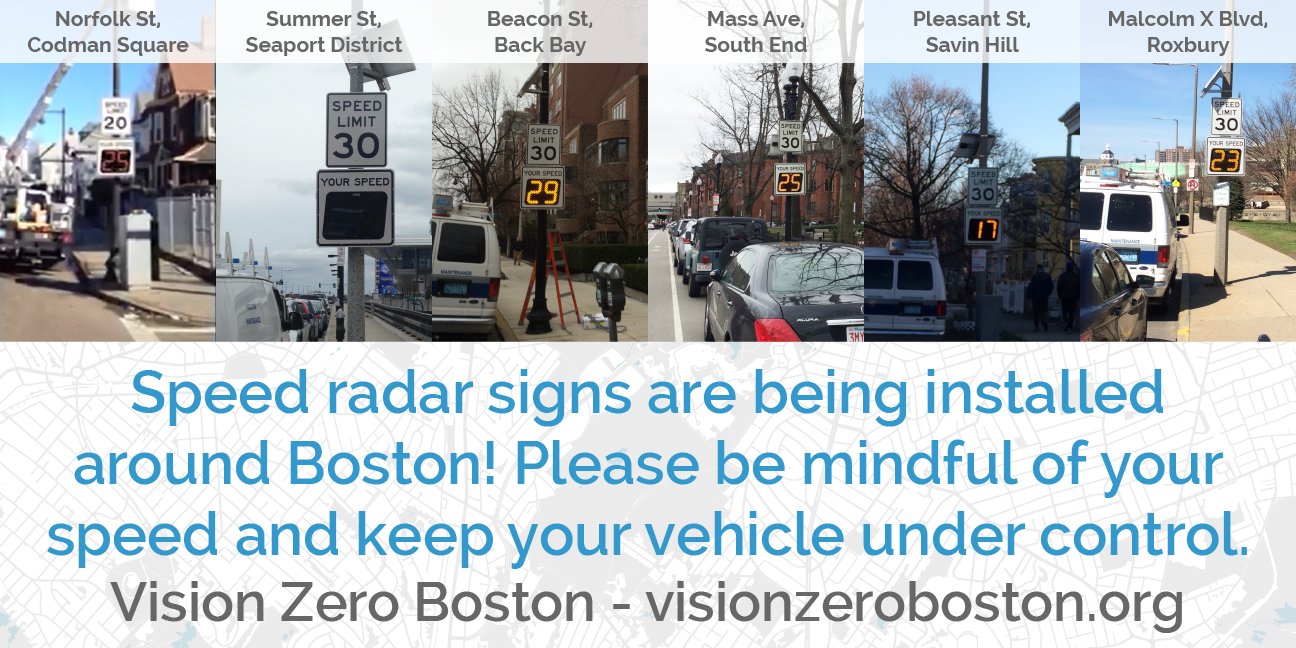The way I see it, it should be possible to reduce the speed limit on on a street to 20 mph without endless red tape. That's what this enables.
That doesn't mean every street has to be 20 mph. But there are obviously plenty of good candidates, typically the streets with significant residential or walk-up commercial development.
The UK has readily adopted the "Twenty-is-plenty" creed, and that's basically how it goes here. They do very intrusive traffic calming physical interventions in the neighborhoods. Not just speed humps, but barriers in the roadway, and lots of filtered permeability. I have to say that once you get into the countryside, the speeds go up fast. Even narrow country lanes are 50 mph(!!). With no sidewalks. [I'm not a fan.]
Personally I think that speeds above 20 mph on city streets should be justified through intensive studies, not the other way around. It's continually a source of amazement to me how much work goes into safety studies for just about every other mode of transportation, but a "40 mph" sign on a city street barely gets a minute of review, even though that's by far one of the deadliest decisions made by a transportation department.


